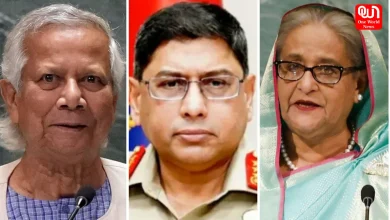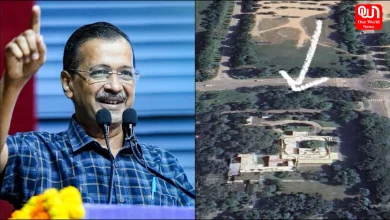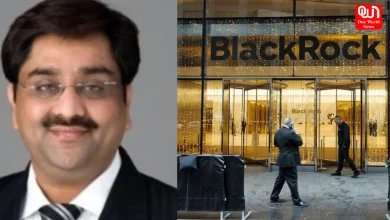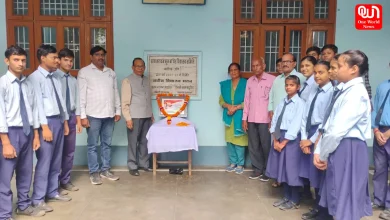Kiren Rijiju criticized for Sitting on Names of Recommended Judges

Sitting on Names of Recommended Judges is “deadly” for democracy
Kiren Rijiju, the current Law Minister of India has been criticized for sitting on names of recommended judges. Ex-Supreme Court Judge, Rohinton Fali Nariman while delivering the seventh Chief Justice M C Chagla Memorial Lecture, Mumbai said-“This sitting on names is a very deadly thing against the democracy of this country. Because what you are merely doing is you are waiting for a particular collegium and hoping that the next collegium changes its mind. Appointment must be done within a reasonable time period.”
This is not the first criticism that followed the delays being made by the Government. Congress general secretary, Randeep Surjewala (congress: Government delaying judges’ appointment till people favorable to it are in place: Congress – The Economic Times (indiatimes.com)) had also said that this “deliberate withholding” of Collegium recommendations is a “designed attack to avoid accountability by the government and with malintent to capture the judiciary”.
What is the collegium system?
In simple terms, the collegium system is a way through which judges of Supreme Court and High Court are appointed. The Supreme Court collegium is headed by the Chief Justice of India and four more senior most judges of the SC. The High Court collegium is headed by the incumbent Chief Justice and two senior most judges of the respective court. The collegium then suggests the name to Government who after due diligence might object and seek clarification on the choices. But, if the same names are given again by the collegium, the government is bound to appoint them.
The collegium system has been a product of various landmark judgments made by the Supreme Court in the First Judges Case (1981), Second Judges Case (1993) and Third Judges Case (1998). An attempt was made to alter this system by the introduction of National Judicial Appointments Commission (NJAC) through the 99th Amendment Act, 2014. However, this was struck down in 2015 as it was seen as a threat to the independence of the Judiciary.
But what is the issue with the collegium System?
Kiren Rijiju has been vocal about the need for a “more broad-based, transparent, accountable and objective” collegium system. Earlier this year, he had also expressed these concerns in a letter addressed to Chief Justice of India, D Y Chandrachud.
I hope you honour Court's direction! This is precise follow-up action of the direction of Supreme Court Constitution Bench while striking down the National Judicial Appointment Commission Act. The SC Constitution Bench had directed to restructure the MoP of the collegium system. https://t.co/b1l0jVdCkJ
— Kiren Rijiju (@KirenRijiju) January 16, 2023
Rijiju is not the only person who feels this way about the collegium System. The need to have more structure and transparency in the collegium system has been the push of many, including the Vice President and Speaker of Lok Sabha.
Read More- Lal Singh to join Bharat Jodo Yatra: Kathua Case lawyer Deepika Pushkar quits Congress
What is the significance of this debate?
The longer this debate goes on, the longer the repercussions will be on justice delivery in the country. According to the latest data from the Department of Justice 2022120524.pdf (s3waas.gov.in), 330 Judge positions are vacant in the Courts of India.
This large vacancy in the judiciary is one of the significant bottlenecks leading to delayed case hearings and pending cases. In a country like India, where the courts’ workload is increasing by the day, there is a need to have more judges so that the cases can be disposed much more quickly. How the Government resolves this issue is something that remains to be seen, but definitely it is something that needs a swifter action.
Liked this post?
Register at One World News to never miss out on videos, celeb interviews, and best reads.







